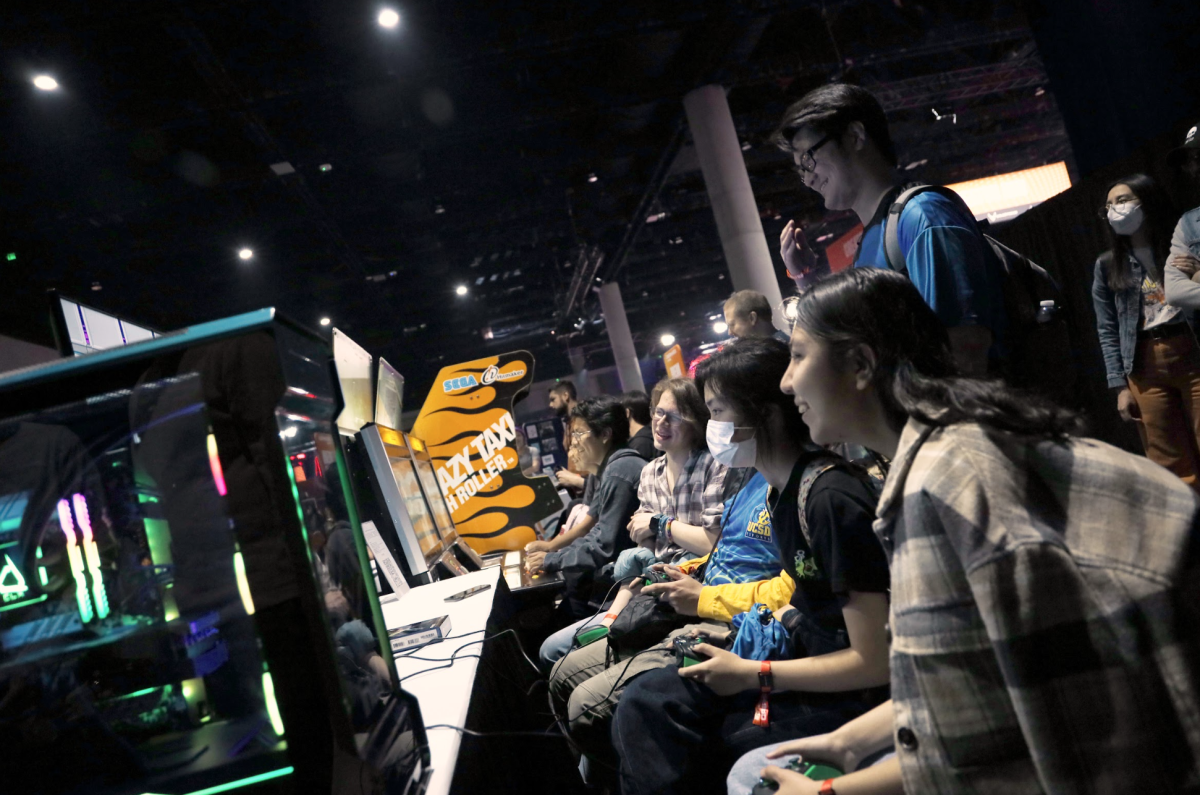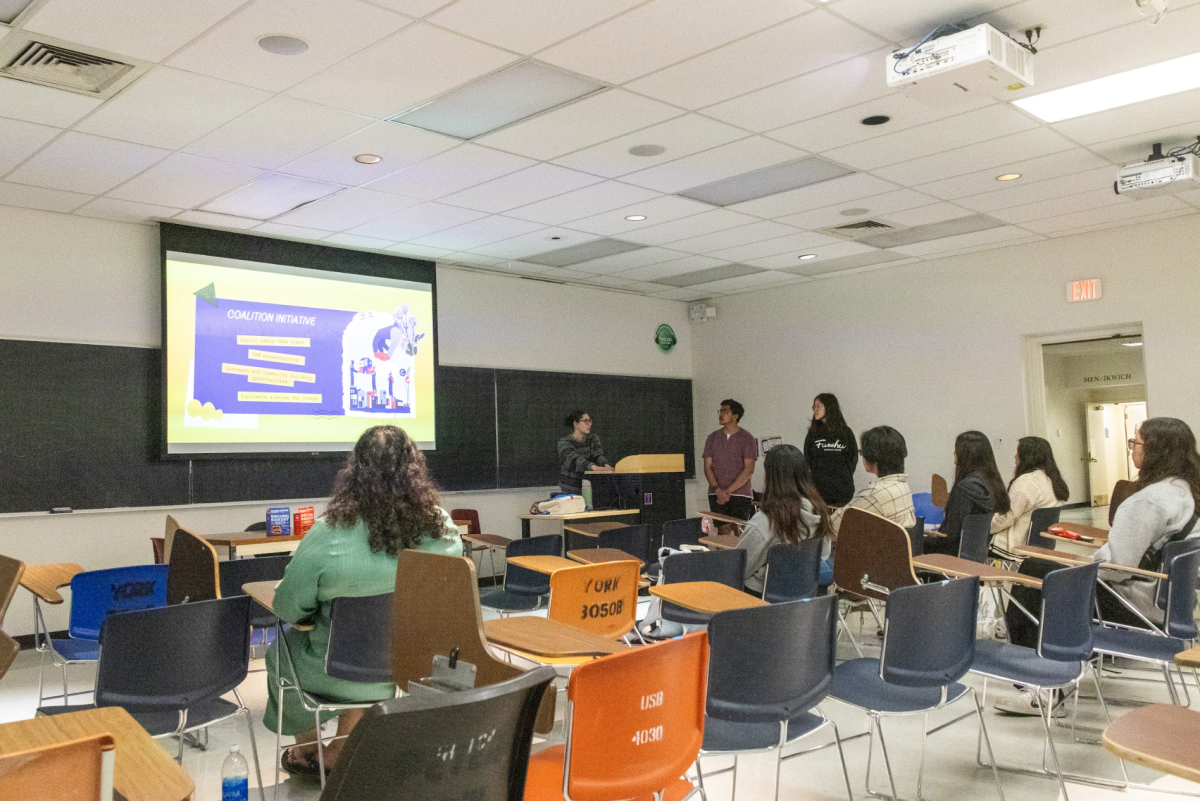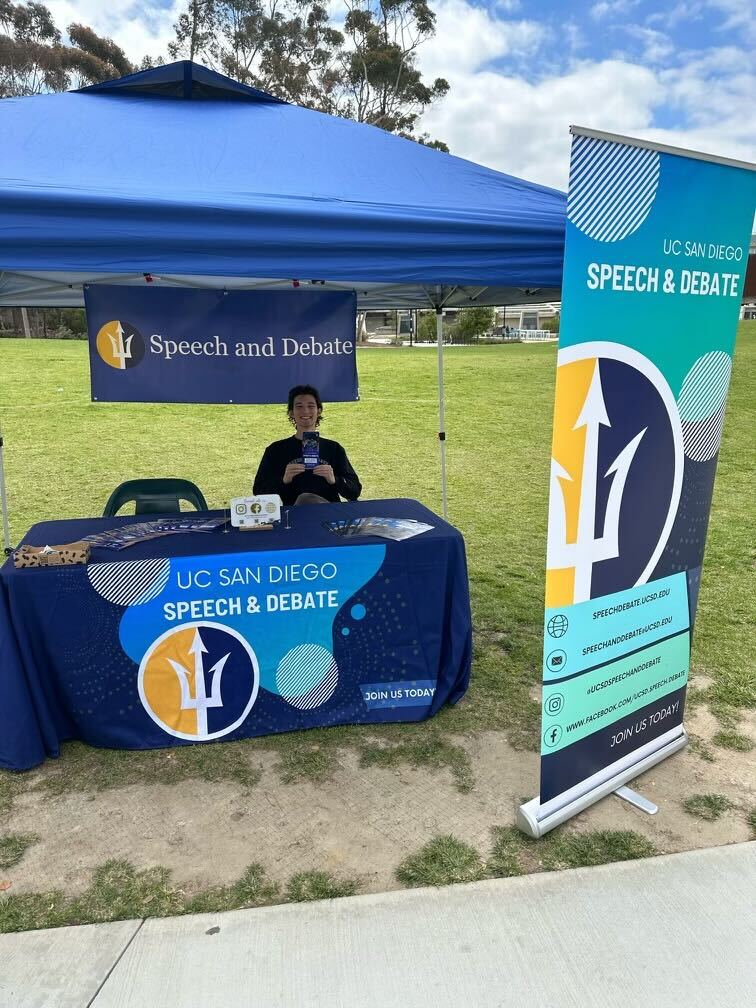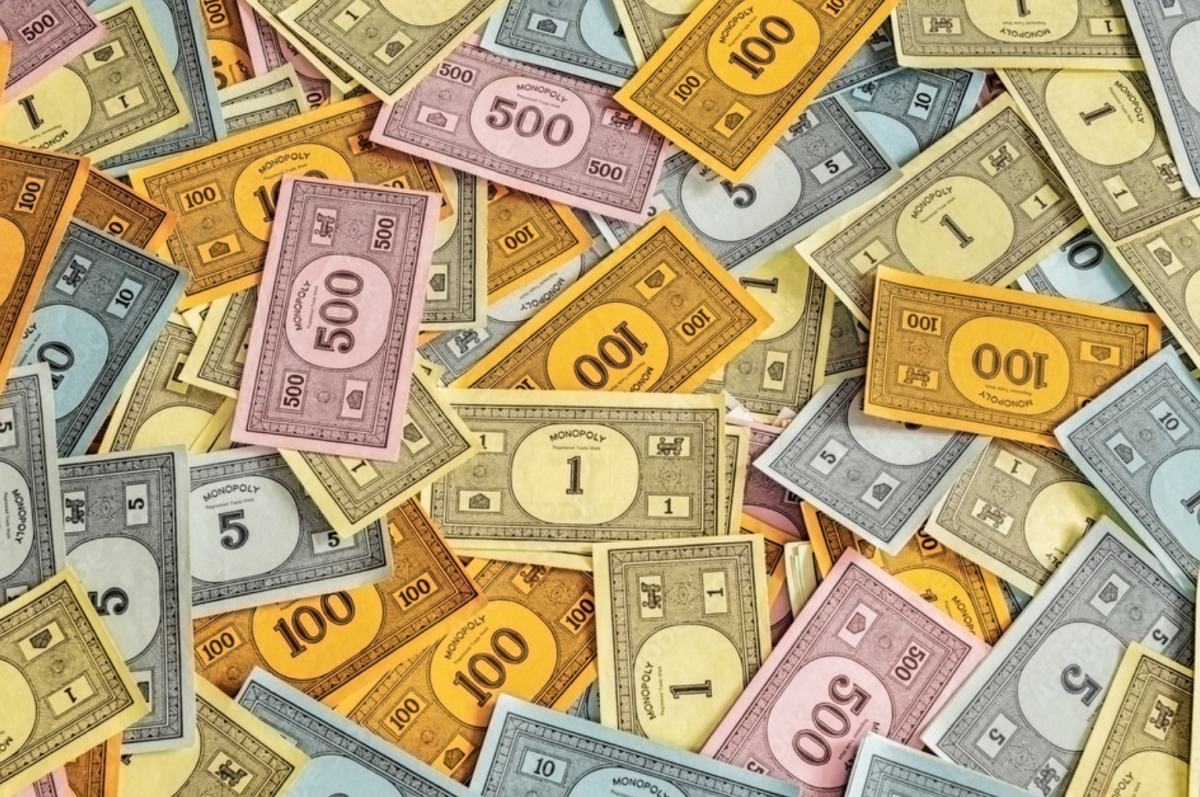With so many resources at our fingertips in the age of Internet obsession, online piracy seems to have grown rampant. And it appears that UCSD can attest to this.
In an Oct. 13 report by TorrentFreak, a news blog about file sharing, UCSD was ranked 18th overall in BitTorrent usage among all U.S. universities. More significantly, our school took the crown for the highest-ranking UC school at 435 hits — with the exception of UC Berkeley trailing behind at no. 36 with 355 hits and no other UC breaking the top 50.
But, according to ResNet Coordinator Scott Wu, the published statistic is misleading. Wu claimed to know that other UCs schools have high amounts of file sharing, but that UCSD’s network policy eases the option for students to engage in online piracy.
“One of the reasons why UCSD could be pretty high up is that we don’t restrict our network like other UC schools,” Wu said. “For example, I know UC Berkeley has a bandwidth cap, meaning you can only transfer so much data a week. But we have unlimited bandwidth here, so we don’t restrict students’ Internet access. In addition, other schools block ports and things like that, and we try to avoid that.”
UCSD’s increased network accessibility means that students are more prone to racking up copyright violations. But this hasn’t induced more rigid network restrictions.
“We believe that it’s in the students’ rights,” Wu said. “File- sharing itself is not illegal; it’s just what they file share that’s illegal, and we don’t want to prevent students who are actually using file sharing for legitimate purposes from doing so.”
Although UCSD students continue to have the luxury of more online freedom, illegal file sharing rates, oddly, have decreased significantly over time (though not enough to bypass TorrentFreak’s radar).
“We’ve seen our fall [piracy rates] go down drastically since 2009 and 2010,” Wu said. “In 2009-10, we had about 1,000 copyright violations, and the past school year, we’ve had about 453.”
The drop in violations can be attributed to the administration’s adherence to strict protocol in dealing with illegal file sharing. Upon a first offense, students are temporarily blocked from the student wireless network and instructed to bring their computer in for a security scan and attend a copyright violation presentation.
A second offense is treated more severely. Students are sent to the Office of Student Conduct.
“For a second offense, [a student] could be charged $150,” Wu said. “[He or she] might have to take an ethics course, write a five-page essay, do community service.”
After three offenses, students are permanently blocked from the school network and could be charged $300. Though the majority of offenses have been first-time violations, there have been eight second-time offenders and one third-time offender within the last academic year.
Despite the decline in copyright violations — likely due to the severe consequences now in place — online piracy remains a major issue at UCSD. According to statistics released by the Office of Student Conduct, the majority of illegal torrents and downloads are of television shows and movies, not music. This is likely due to the increased availability of online streaming. Students are still getting caught for the former two types of media as they are harder to find.
According to a survey provided by the Office of Student Conduct, many violators claim that they were unaware that a file-sharing program had been downloaded to their computer at the time they were caught. But whether intentional offenders or not, students should take caution.
“You don’t actually have to download something to get caught,” Wu said. “As long as you use a torrent or any kind of file sharing software — even before you finish downloading the file, you’re already uploading. And currently, that’s how agencies are tracking these violations — by uploads.”
As for now, UCSD is continuing its effort to keep online piracy rates down.
“We’re trying our best,” Wu said. “We’ve gotten a lot better about informing students about the risks and consequences. Our hope is that with more and more companies making media more publicly available that fall string will go down.”







